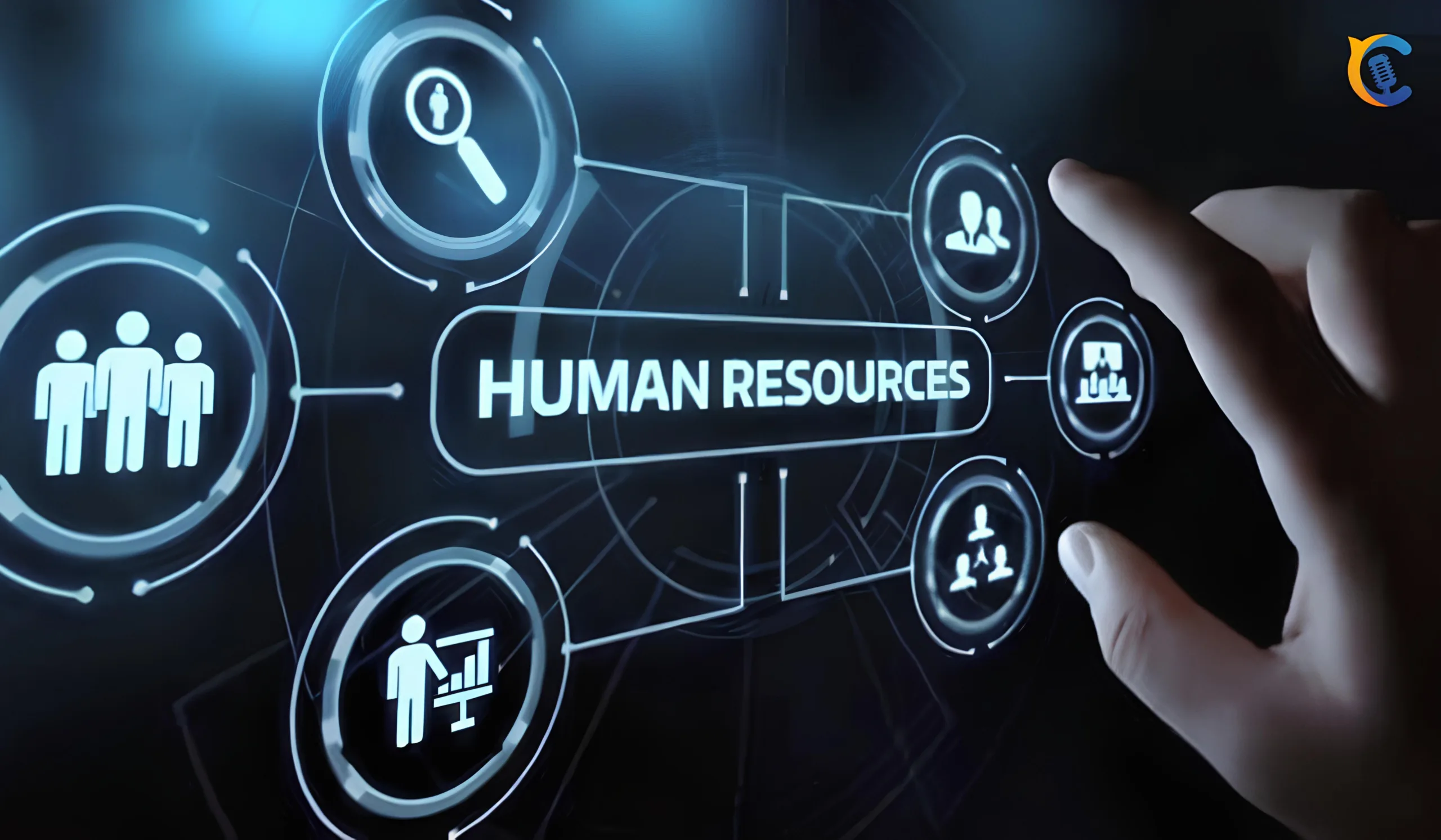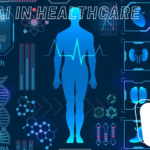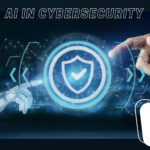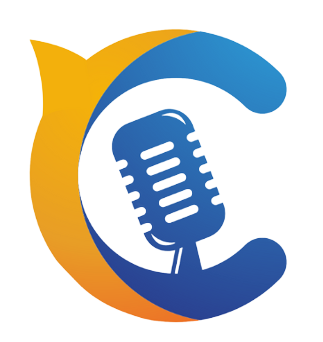AI in Human Resources: The Impact of AI on HR Management in 2023
Table of Contents
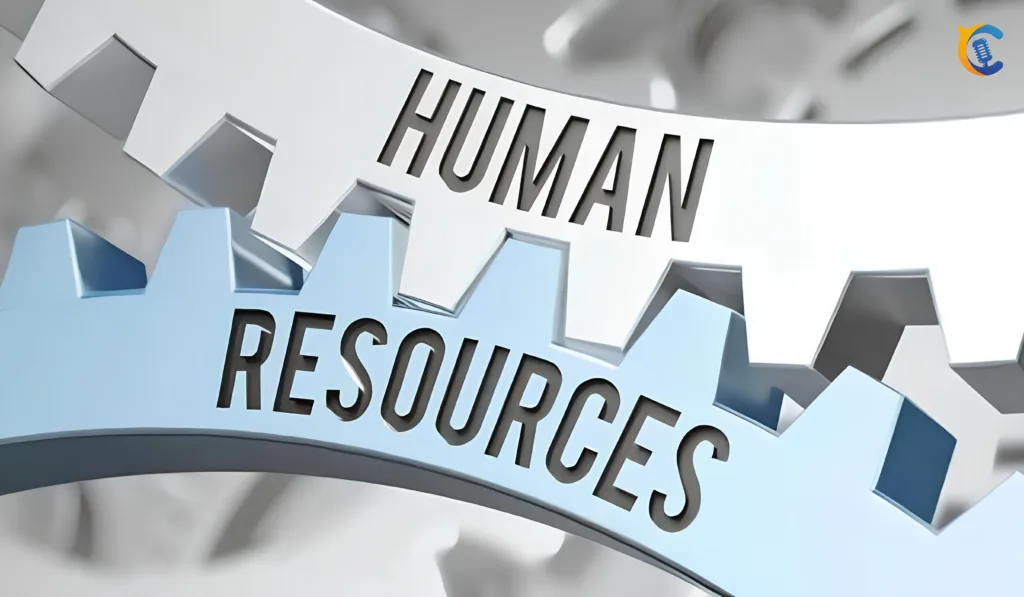
Introduction
The rapid advancement of Artificial Intelligence (AI) has brought transformative changes to various industries, and Human Resources (HR) management is no exception. In the digital age, businesses are turning to AI-powered solutions to streamline HR processes, enhance employee experiences, and drive organisational success. In this blog, we delve into the world of AI in Human Resources, exploring its applications, benefits, challenges, and the future it promises for both employers and employees.
The Role of AI in Human Resources
AI in HR encompasses a wide range of applications that leverage machine learning, natural language processing, data analytics, and automation to optimise HR functions and decision-making. From talent acquisition to employee development and beyond, AI is reshaping the HR landscape.
1. Recruitment and Talent Acquisition
AI-driven recruitment platforms use algorithms to analyse resumes, assess candidate skills, and match candidates to job requirements. These systems can significantly expedite the hiring process, ensure unbiased candidate selection, and provide a more seamless experience for both applicants and recruiters.
2. Employee Onboarding
Chatbots and virtual assistants powered by AI can guide new employees through the onboarding process, answering questions, providing information about company policies, and helping them feel integrated into the organisation from day one.
3. Performance Management
AI analytics can provide insights into employee performance, identifying patterns and trends that contribute to better decision-making regarding promotions, training, and performance evaluations.
4. Learning and Development
AI-powered personalised learning platforms can tailor training and development programmes to individual employee needs, maximising skill enhancement and career growth.
5. Employee Engagement and Well-being
AI-driven sentiment analysis tools can gauge employee sentiment from communication data, allowing HR to proactively address concerns and improve overall employee well-being.
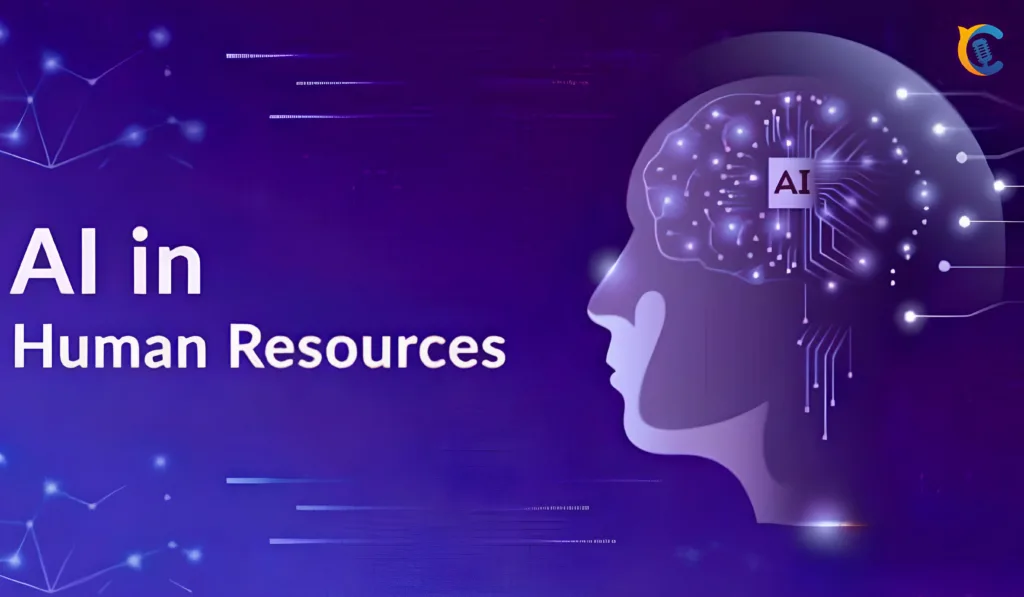
Benefits of AI in HR
- Efficiency and Time Savings: AI automates repetitive and time-consuming tasks, freeing HR professionals to focus on strategic initiatives that drive business growth.
- Data-Driven Decision-Making: AI analytics provides actionable insights based on large volumes of data, enabling informed decisions that enhance workforce performance and engagement.
- Enhanced Candidate Experience: AI-driven recruitment processes offer candidates a seamless and unbiased experience, contributing to a positive employer brand.
- Personalised Development: AI-powered learning platforms tailor training to individual employee needs, boosting skill development and job satisfaction.

Challenges and Considerations
While AI offers numerous benefits, its implementation in HR is not without challenges:
- Data Privacy and Ethics: AI systems require access to sensitive employee data. Ensuring compliance with data privacy regulations and the ethical use of AI-generated insights is paramount.
- Bias and Fairness: AI algorithms can inadvertently perpetuate biases present in historical data. Vigilance is necessary to prevent discriminatory practises.
- Human Touch: While AI streamlines processes, the human element in HR remains crucial, particularly in tasks requiring empathy, emotional intelligence, and nuanced decision-making.
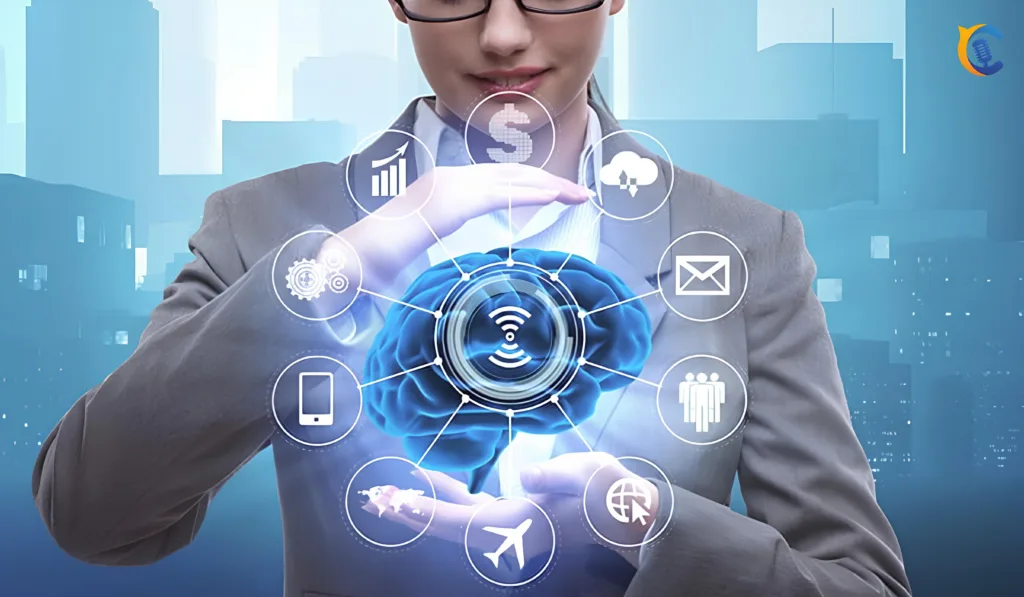
The Future of AI in HR
As AI technology evolves, the future of HR management is set to become even more dynamic:
- Predictive Analytics: AI will offer more accurate predictions about employee turnover, performance, and engagement, allowing HR to proactively address potential issues.
- Continuous Learning and Upskilling: AI-driven learning platforms will adapt to rapidly changing skill demands, ensuring employees remain competitive in the job market.
- Enhanced Employee Experience: AI-powered chatbots and virtual assistants will provide real-time support to employees, answering queries and providing guidance.

Embracing the AI-Human Collaboration
As organisations adopt AI solutions in HR, it’s crucial to emphasise that AI isn’t here to replace HR professionals; rather, it’s here to augment their capabilities. The synergy between AI and human expertise creates a powerful partnership that leverages the strengths of both sides.
1. Data Analysis and Insights
2. Strategic Decision-Making
While AI can provide data-driven recommendations, it’s the human touch that brings context, empathy, and an understanding of the organization’s culture to strategic decisions. HR leaders are uniquely positioned to make judgement calls that align with the company’s long-term goals.
3. Employee Experience and Engagement
AI can provide personalised recommendations for learning and development, but it’s HR professionals who can truly connect with employees on a human level, understanding their aspirations, concerns, and needs. This interaction builds trust and fosters a positive workplace culture.
4. Adaptability and Creativity
AI is excellent at routine tasks, but it’s human creativity and adaptability that lead to innovation. HR professionals can devise unconventional solutions, tailor employee experiences, and manage complex interpersonal dynamics in a way that AI cannot replicate.
5. Ethical Oversight
AI systems can inadvertently perpetuate biases present in data. HR professionals play a pivotal role in ensuring fairness and inclusivity, making decisions that align with ethical standards, and ensuring AI-driven processes remain unbiased.
AI excels at quickly analysing vast amounts of data and extracting patterns that might go unnoticed by human analysts. HR professionals can then use these insights to make informed decisions about workforce planning, talent development, and performance optimisation.
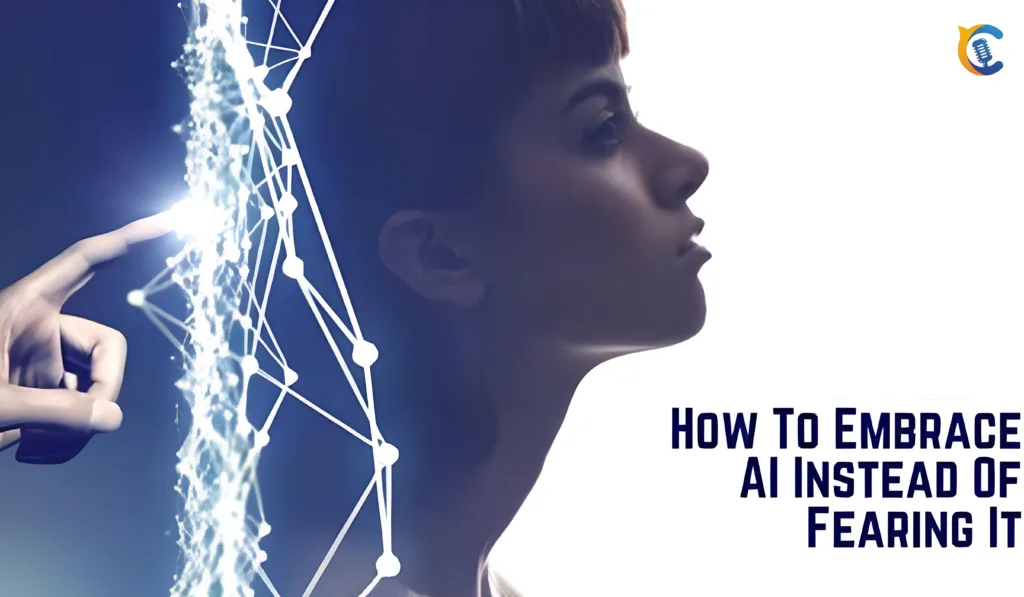
Preparation for the AI-HR Future
To harness the potential of AI in HR effectively, organisations need to take specific steps:
1. Education and Training
HR professionals should be trained to understand AI, its capabilities, and its limitations. This knowledge will empower them to use AI tools effectively and make informed decisions.
2. Transparent Communication
Employees should be informed about the introduction of AI in HR processes. Transparency about how AI is being used, what data is being collected, and how it impacts their roles fosters trust and minimises resistance.
3. Ethical Guidelines
Establish clear guidelines for using AI in HR that address issues like data privacy, bias mitigation, and ethical considerations. These guidelines ensure that AI is used responsibly and in a way that aligns with the organization’s values.
4. Continuous Monitoring and Adaptation
AI systems require ongoing monitoring to ensure they’re delivering accurate and unbiased results. Regular assessments of AI tools’ effectiveness and impact on HR processes are essential.
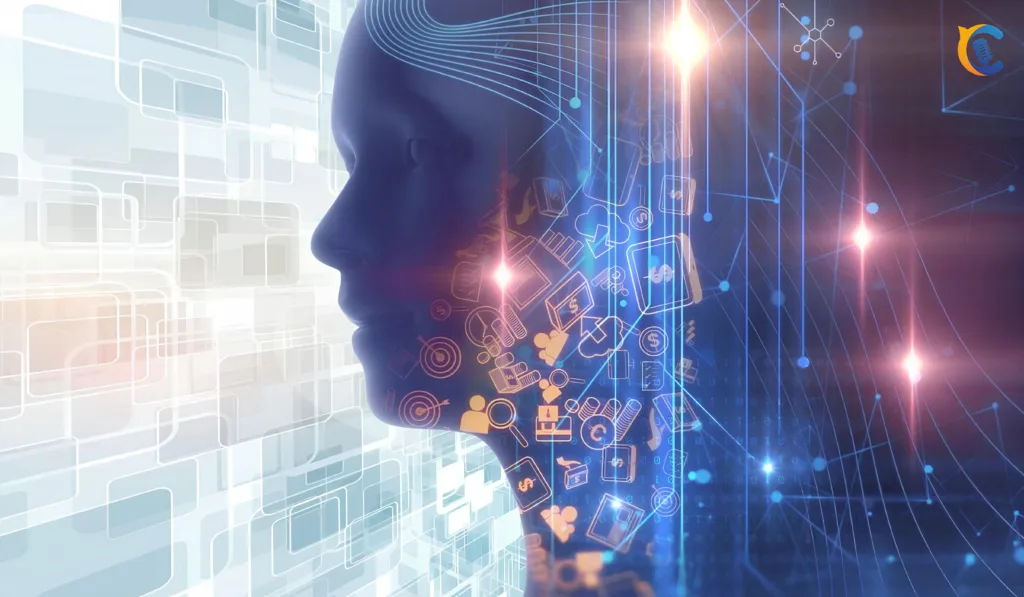
AI and human resources
- AI streamlines recruitment: by automating resume screening and shortlisting, saving time.
- Enhanced candidate matching: AI algorithms improve job-applicant fit.
- Bias mitigation: AI helps reduce unconscious biases in hiring decisions.
- Personalised onboarding: AI tailors training programmes to individual employee needs.
- Performance analysis: AI analyses employee data for insights into productivity and engagement.
- Chatbot HR Assistants: AI-powered chatbots handle employee queries and support.
- Predictive attrition: AI identifies potential attrition risks for proactive retention efforts.
- Skill development: AI recommends learning paths based on industry trends.
- Remote work management: AI tools that track remote employee performance and well-being.
- Ethical challenges: AI adoption raises concerns about data privacy and algorithmic fairness.
Conclusion
AI’s integration into Human Resources signifies a paradigm shift in how businesses manage their workforce. While AI brings efficient, data-driven insights, and automation, it’s the human touch that infuses HR management with empathy, creativity, and strategic vision. The AI-HR collaboration is a harmonious partnership that combines the strengths of both worlds, ensuring that organisations remain agile, innovative, and employee-centric in an era of technological advancement. As AI continues to evolve, the future of HR management holds the promise of an exciting landscape where technology and humanity intersect to create workplaces that thrive, adapt, and inspire.
- Arsenal team formation 2023: A Comprehensive Overview 2023
- Greece’s Epic Fight Against Devastating Wildfires
- NASA Shares First Images of US Pollution
- AIRCRAFT CRASHES IN AUSTRALIA’S NORTHERN TERRITORY DURING US MILITARY TRAINING EXERCISE
- Further Insights into the Top 20 US Cities with Highest Internet Usage
